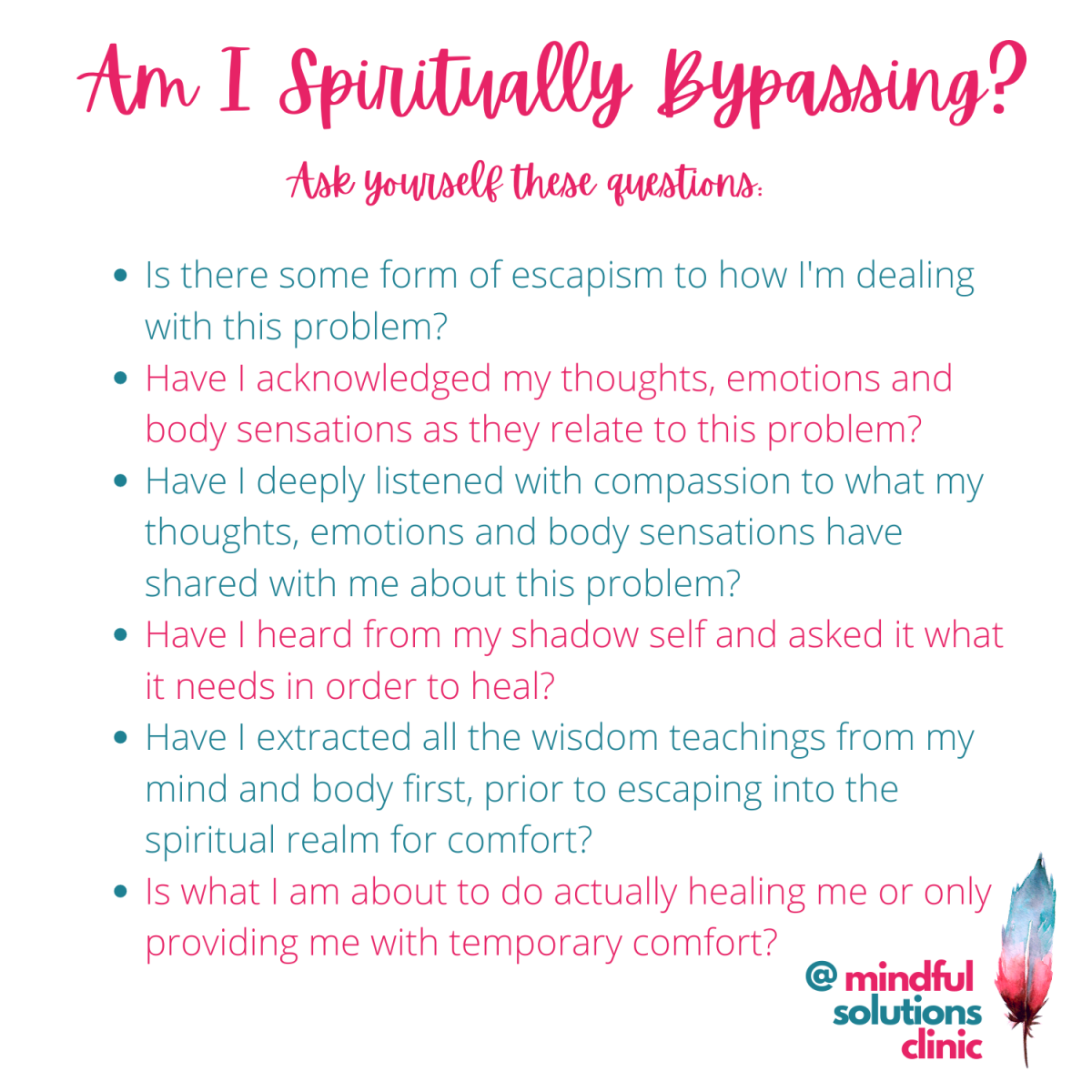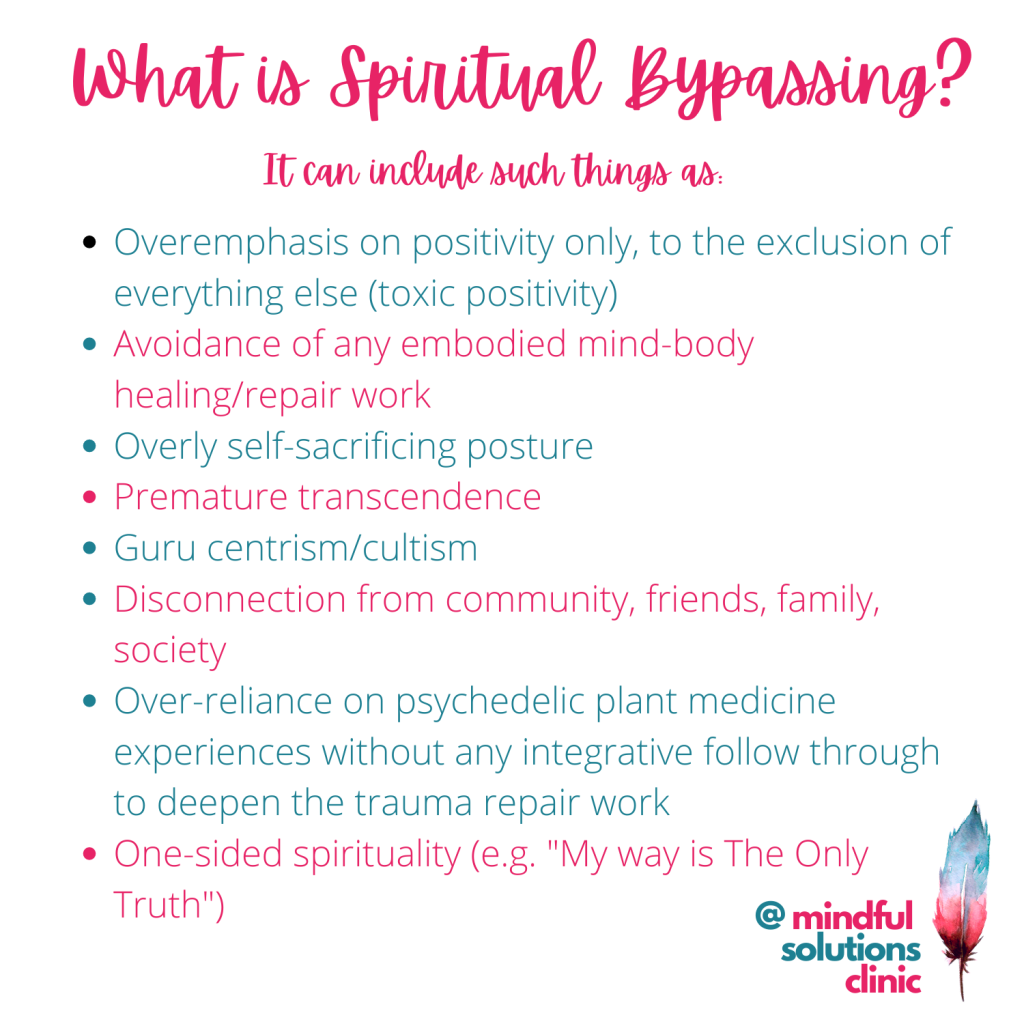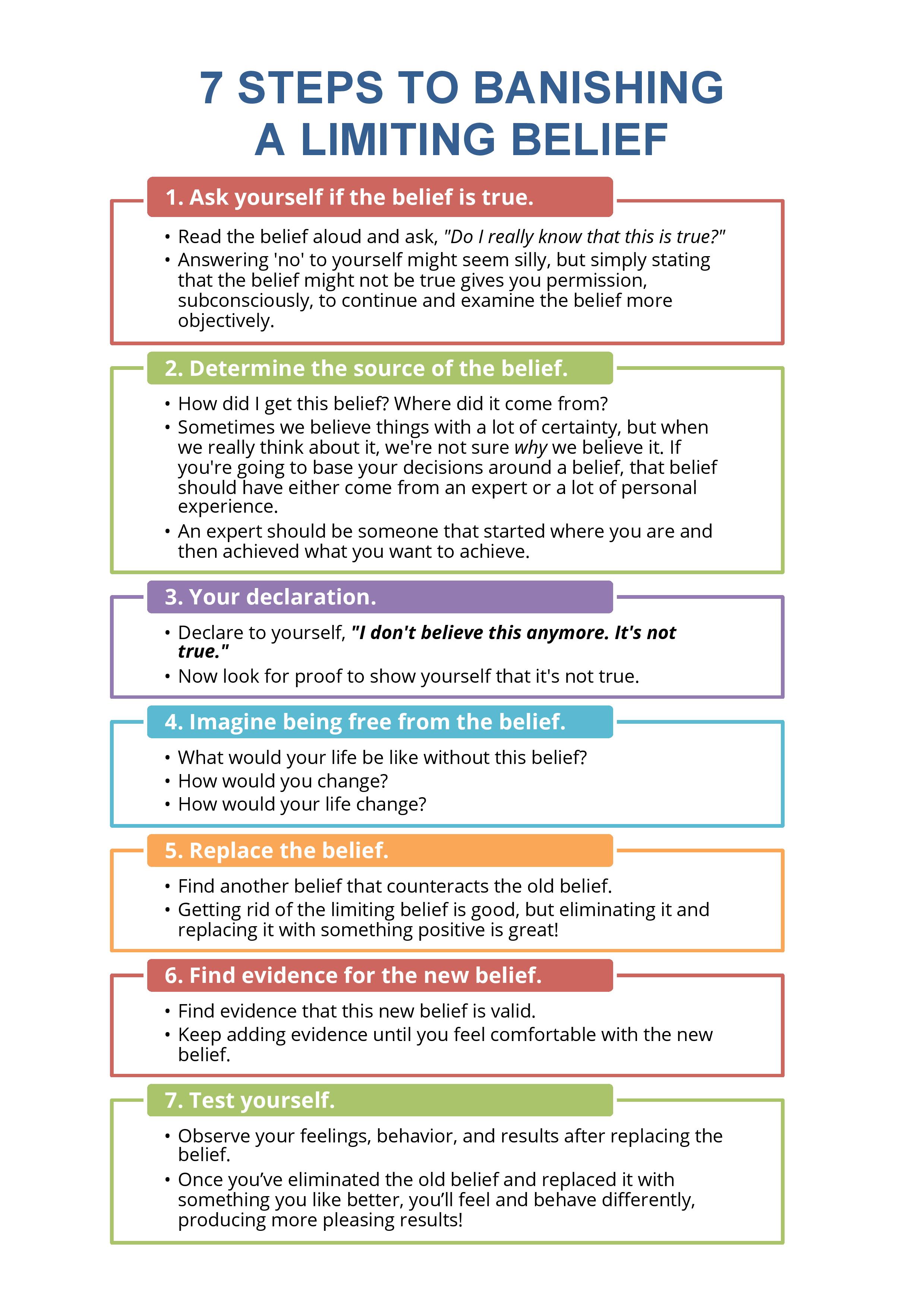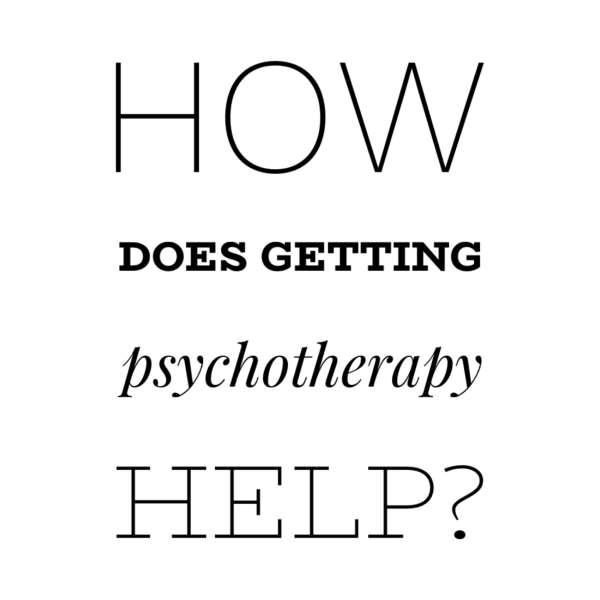The topic of spiritual bypassing has been on my mind for a long time now. It’s one of the MANY reasons I’ve grown so allergic to social media over the past few years, and it’s also something that I’ve come across within the various “spiritual healing” communities that I’ve interacted with over the past decade or so. As a spiritual seeker myself who has attended many healing ceremonies both IRL and online, I’ve been dismayed at witnessing the breathtaking lack of deep healing work by some of the folks out there marketing themselves as spiritual healers, life coaches, and yes even psychotherapists and psychologists. This means they’re out there, serving you and me as “healers” when they’ve avoided dealing with their own unhealed wounds.
Is this who you want to be taking advice from?
Here’s a nugget of truth for you: everyone born on this planet is in need of healing of some sort at one point or another. Not one of us is immune. Yup. I realize that’s not a sexy statement. But it’s the truth.
Here’s another nugget: there are plenty of so-called “healers” out there who have avoided doing their own repair work, yet are really charismatic marketers with huge online followings. Why does this concern me so much? Well, when you’ve worked with as many clients as I have who’ve come to you in tears because the advice they’ve been given by their previous coach/therapist/healer is damaging, you sit up and take notice. I often find myself spending the first few sessions helping my clients unlearn a lot of what they had assumed was carefully curated advice by someone they trusted or viewed as a subject matter expert. And don’t even get me started on the heartbreaking stories of clients who’ve come to me needing to process psychological, emotional, physical and/or sexual traumas inflicted on them by the very unregulated but very popular healers they sought help from. I offer free consults before working with any client; and I’m continuously amazed/saddened that in all my years of practice, I’ve only ever had ONE potential client ask me the most important question of all: “Do you have your own therapist, Sandy?”
Of course the answer is HELLLLLLLLLLL YA!!!!
This past weekend, after listening to a few episodes of the “Kumbaya Confessional” podcast (which I HIGHLY recommend, as it touches on the problematic themes within what the podcaster terms as the “WooSphere”), I went down the rabbit hole of reviewing, with discernment, all the accounts and hashtags that I’d been following on my social media platforms. It’s an exercise I recommend everyone practice regularly. Energy is everywhere around us, and it’s important for each of us to be more mindful of the content we’re ingesting because each post, each photo, each video, each comment on each social media post leaves an energetic imprint on our mind, body and spirit, even if unconsciously.
As a trained mind-body-spirit helping professional, I felt compelled to address this topic head on. Over the past few years (and goodness, especially over the past year during Covid times!), I’ve noticed an explosion of social media posts that espouse toxic positivity and spiritual bypassing as veritable, one-size fits all solutions to ALL! YOUR!! PROBLEMS!!!! I’ve been watching the plethora of such distressing content, truth be told with the same level of dismay one would give to watching an accident about to happen in slow motion.
Truth bomb: there is a LOT of really positive-sounding, yet pithily trite advice from “influencers” right here on this platform as well as across all social media; a lot of them have millions of followers and are seemingly quite successful. Yes, I’m all for freedom of expression and creativity. The year 2020 brought me a lot of lessons; and one of them is that we are living in THE time for digital content creators to shine and thrive and offer their services! This is a good thing. These digital platforms we have access to afford us the opportunity to spread information far and wide (within mere seconds!) around this beautiful blue planet. It’s an exciting time for those of us who like to create and share! Especially those of us who see our roles as healers in service to humanity. However, stepping into such roles comes with a weight of responsibility because what you put out into the world will be the advice that dozens, hundreds, thousands or millions of people will read and accept as gospel for years to come. Because it’s preserved ON THE INTERNET. ForEVER. Anyone can create a pretty and profound-sounding yet pithy meme filled with toxic problematic advice that will not only NOT help you achieve your goals, but will keep you in stuckness because it encourages you to spiritually bypass your actual, real-life problems.
So. What to do, you ask?
I invite you to be more discerning with what you’re taking in online. And I encourage you to continuously ask yourself whether you are engaging in any toxic, spiritually bypassing behaviour yourself. Here are some questions to ask yourself:
Are you discerning the content you’re ingesting, day after day? Scroll after scroll?
How is that content making you feel?
Is that content offering you temporary escapism while you continue ignoring what’s right in front of you?
Have you been ignoring dealing with your SELF? The self inside that houses both light AND shadow?
Be honest: have you been all “GOOD VIBES ONLY!” and “LOVE AND LIGHT!” while ignoring your Shadow inside?
Have you been avoiding doing your deep healing work because you’ve convinced yourself that taking advice from memes instead of checking-in with your Self, studying self-help books (and applying their teachings to your life) and/or working with a trained mental health professional to help guide you along your healing journey is the easier path?
Have you asked yourself who you’ve been taking advice from online (and what their qualifications are)?
Have you asked your guru/healer what efforts they’ve been taking to actively heal from their own wounds?
And after you’ve heard their answer, did you check in with your gut/intuition to discern whether their answer makes sense to you?
Most important of all, have you been hindering your personal growth by spiritually bypassing?
Sandy Kiaizadeh is a Registered Psychotherapist, Life Coach and Spiritual Healer at Toronto’s Mindful Solutions Clinic. For more information about Sandy and her services, please visit http://www.mindfulsolutionsclinic.com.







 Since psychotherapy (also known as counselling) is a rather misunderstood concept (not to mention often steeped in stigma), the suggestion that you see a therapist can be scary.
Since psychotherapy (also known as counselling) is a rather misunderstood concept (not to mention often steeped in stigma), the suggestion that you see a therapist can be scary.
You must be logged in to post a comment.